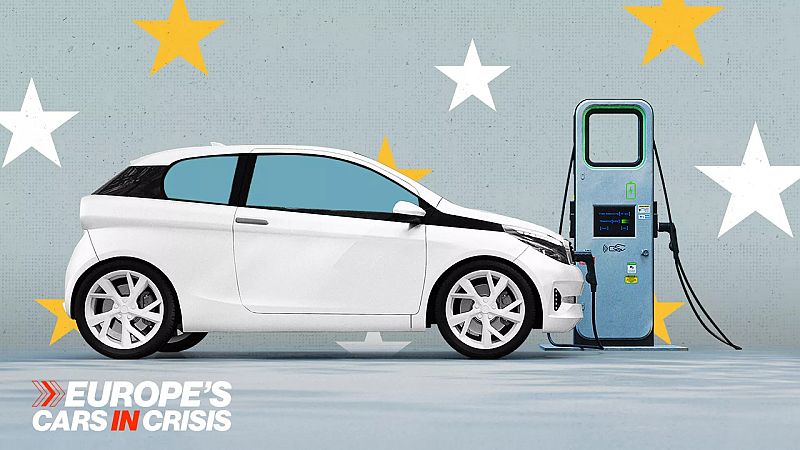
Europe's automotive industry is facing a multitude of challenges, prompting urgent discussions between industry leaders and EU Commission President Ursula von der Leyen. The sector is grappling with sluggish sales, escalating energy costs, intensifying global competition, and a volatile regulatory landscape, leading to concerns about its future competitiveness. A central theme emerging from the industry is the need for a revised approach to decarbonization and a more supportive environment for the transition to zero-emission vehicles.
Recalibrating the CO2 Decarbonization Path
While the market share of battery electric passenger cars in the EU has reached 15.6%, and vans stand at 9%, widespread adoption has yet to materialize. Industry stakeholders contend that regulatory targets are becoming increasingly difficult to achieve due to insufficient investment in infrastructure, grid upgrades, and inconsistent incentives.
Automakers have invested heavily in new models and factory transformations. However, they argue that governments and regulators have not kept pace with the necessary infrastructure development. To ensure the EU meets its climate goals while maintaining industrial competitiveness, social cohesion, and resilient supply chains, the current CO2 reduction path for road transport requires recalibration.
Strengthening Enabling Conditions for Zero-Emission Vehicles
For consumers and businesses to embrace zero-emission vehicles, purchasing and operating them must be more appealing than traditional internal combustion engine vehicles. This requires a multi-faceted approach, including:
- Consistent Purchase Incentives: Providing financial incentives to encourage the adoption of electric vehicles.
- Fairer Taxation: Implementing tax policies that favor zero-emission vehicles.
- Lower Charging Costs: Reducing the cost of charging electric vehicles to make them more competitive.
- Easier Access to Cities: Facilitating access for zero-emission vehicles to urban areas.
Concurrently, Europe must accelerate the development of charging and refueling infrastructure, particularly for heavy-duty vehicles, while modernizing grids and reforming energy markets to lower electricity prices.
Safeguarding Technology Neutrality
While battery electric vehicles are expected to play a dominant role in the transition, they cannot cater to every transportation need. Plug-in hybrids, hydrogen fuel cells, renewable-fuel internal combustion engines, and other solutions remain crucial. Hybrid-electric vehicles currently hold a significant market share, and plug-in hybrids have experienced substantial sales growth. Maintaining a diverse range of technological options will broaden consumer choice, accelerate the decarbonization of the existing fleet, and sustain Europe's industrial and export strengths.
Boosting Competitiveness and Resilience
European policymakers have rightly prioritized building a domestic battery industry. However, the sector acknowledges that this process will take time. In the interim, Europe must strengthen and diversify its global supply chains for batteries, semiconductors, and critical raw materials. Strategic partnerships with reliable allies, streamlined EU regulations, and targeted support for innovation and skilled jobs are essential to maintain Europe's competitiveness in the face of intense global pressure.
Tailoring Policies for Different Vehicle Groups
A differentiated approach is needed for passenger cars, vans, and heavy-duty vehicles, recognizing their unique market dynamics and challenges. The market situation for vans, with a relatively low electric share, requires dedicated attention.
Trucks and buses currently have a small percentage of electric registrations, hindered by a lagging support framework. Megawatt charging, grid capacity, and purchase incentives remain underdeveloped, impeding progress in one of the most challenging sectors to decarbonize. Industry leaders argue that the EU should not delay reviewing CO2 standards for heavy-duty vehicles. Instead, urgent monitoring and action are needed to put road freight on track for climate neutrality.
Finally, an industrial and market perspective for technologies that accelerate the transition should be reintroduced, with special recognition given to small and efficient electric car manufacturing. This tailored approach will ensure that policies are effective and address the specific needs of each vehicle segment.


No comments:
Post a Comment